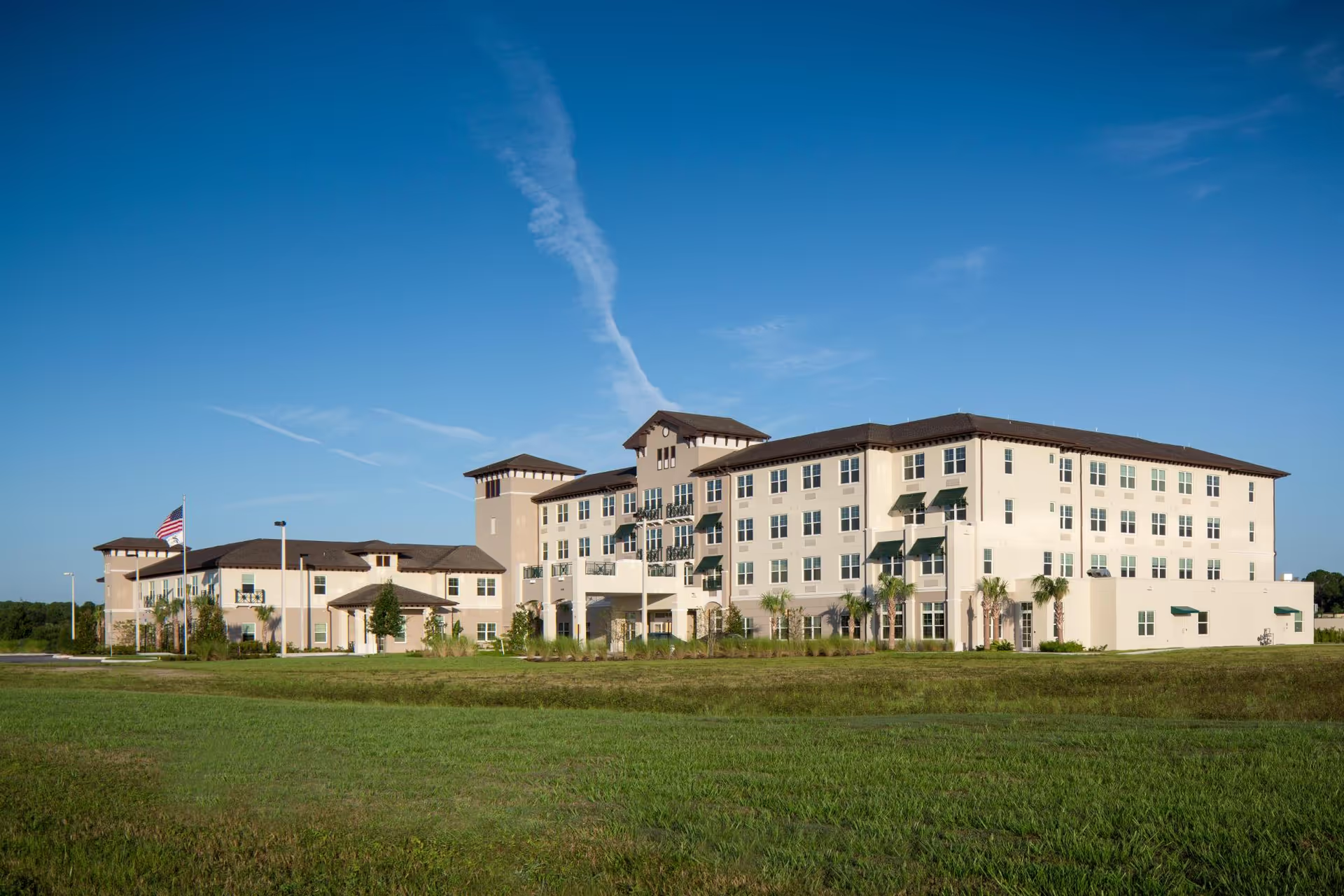Overall sentiment is mixed but leans positive for the direct caregiving staff and the facility environment, while revealing recurring systemic concerns around medication management, staffing, and administrative responsiveness. A large portion of reviewers praise Hope Center Memory Care for its compassionate, attentive caregivers and dementia-focused training. Multiple families report tangible improvements in their loved ones—more engaged, stronger, eating better, and happier—crediting individualized care plans, frequent family outreach, and proactive staff coordination. Praise is often specific: staff members are named and called phenomenal, admissions staff help secure emergency placements, and hospice coordination is described as excellent and comforting during end-of-life transitions. Many reviewers describe the facility as clean, well-maintained, and newer, with a welcoming, home-like atmosphere and a village-style memory-care layout that minimizes disruption as residents change levels of care.
Activities, dining, and amenities receive consistently positive mentions. Families note an array of cognitive and social programming, transportation outings, physical therapy availability, an on-site beautician, and pleasant outdoor spaces such as gated patios and courtyards. Meals are frequently described as appetizing, with some reporting weight gains and increased appetite among residents. Respite care and all-inclusive pricing options are cited as convenient features. Overall, many reviewers say Hope Center provides peace of mind—residents appear busy and content, staff treat residents like family, and personal follow-up (flowers, calls after passing) is appreciated.
However, alongside these strong positives there are a number of serious and recurring negative themes that prospective families should not overlook. Several reviews report medication mismanagement including delays, missing medications, or improper medication administration; in multiple accounts this allegedly led to deterioration and emergency department visits or hospitalizations. There are also numerous mentions of inconsistent staffing—understaffed shifts, inexperienced younger CNAs with perceived skill gaps, and variability in caregiver quality across different wings or shifts. Related safety concerns include falls, wandering incidents, and isolated reports of bedsores and illness outbreaks, sometimes linked by reviewers to staffing or sanitation lapses.
Administrative and communication issues appear to be a dividing line between positive and negative experiences. Many families commend proactive communication and quick responses from certain staff and managers, while others describe unresponsive, dismissive, or unprofessional leadership—denials via text, lack of follow-up on belongings or incident reports, and disputes over missing clothing or furniture. A few reviewers allege reputation management of online feedback and offer warnings about edited Facebook reviews. COVID-era lockdowns also left some families feeling frustrated by limited in-person access at times, although several reviewers acknowledge circumstances were pandemic-driven and praise staff for doing their best under restrictions.
In practice this means Hope Center often delivers high-quality, compassionate front-line care and a pleasant memory-care environment but may have inconsistent execution on clinical oversight, administrative responsiveness, and medication/safety protocols. Many families highly recommend the center and emphasize specific staff who went above and beyond, while a smaller but significant set of reviewers report incidents serious enough to warrant avoidance. The most common, high-impact complaints center on medication errors and delayed medical attention, followed by communication breakdowns with management and occasional sanitation or property-loss issues.
For prospective families: ask direct, specific questions during a tour about medication administration policies, error-tracking and incident-reporting processes, staffing ratios (nights and weekends), recent inspection or infection-control records, how they coordinate with hospice and hospitals, and what measures are in place to secure personal belongings. Request references from current families and try to observe mealtimes and activities during a visit to get a sense of daily operations and resident engagement. Overall, Hope Center shows many strengths—particularly in caregiving, memory-care programming, and facility upkeep—but the recurring safety and administrative concerns reported by multiple reviewers warrant careful, focused inquiry before making placement decisions.







